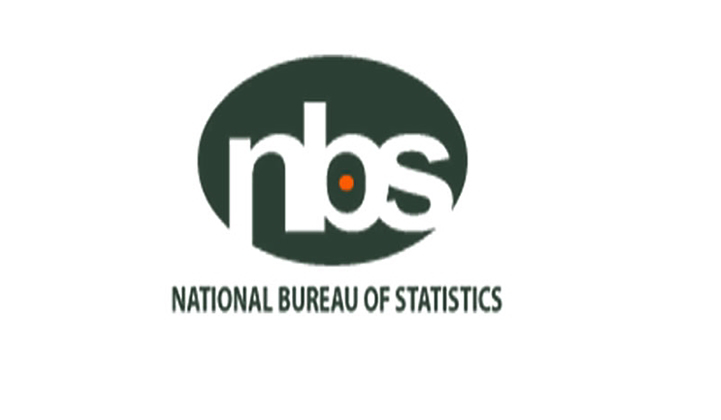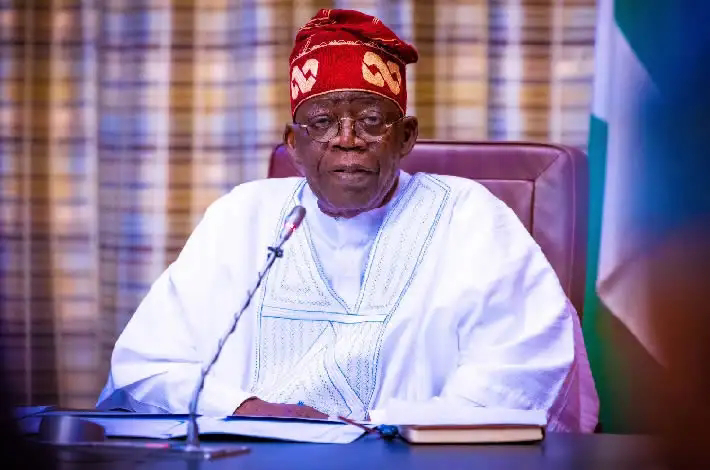Foreign investments in manufacturing drops by 35% – NBS
According to the report, the total capital importation into Nigeria in Q1 2023 stood at $1.1bn, lower than US$1.5bn recorded in Q1 2022, indicating a decrease of 28 per cent.
Despite the decrease, capital importation into the production sector ranked second with 22 per cent share of total investments, while the banking sector recorded the highest inflow of $304.5m, representing 26.89 per cent of total capital imported in Q1 2023.
In recent months, the Manufacturers Association of Nigeria had warned that the increasingly harsh business environment, occasioned by high energy costs, lack of access to funding, multiple taxation, among others, had scaled down investments into the sector.
According to the Manufacturers Association of Nigeria Bi-Annual Economic Review, investment in the manufacturing sector dipped to N145.59bn in the second half of 2022, in comparison to N160.88bn in the corresponding half of 2021, representing a decline of N15.29bn or 10 per cent.
It further declined by N32.8bn or 18 per cent when compared with N178.39bn recorded in the first half of the year. Manufacturing investment totalled N323.98bn in 2022 as against N305.02bn recorded in 2021.
According to MAN, the decrease in investment during the period was mainly caused by the government’s debt issues, high borrowing and energy expenses, and weak consumption.
In a recent interview with The PUNCH, the President of the Manufacturers Association of Nigeria said that more international manufacturing companies may leave the country should power distributors implement the planned tariff hike.
He added that some international manufacturing firms had already exited Nigeria as a result of the power crisis, coupled with the unpredictability of the country’s foreign exchange rate before it was recently unified.
Meshioye said, “Manufacturers provide almost every infrastructure by themselves. Outside the major roads, you find out that manufacturers provide water, power, security, etc. So, when you look at it, you find out that the cost of doing business is so huge.”





Comments
Post a Comment